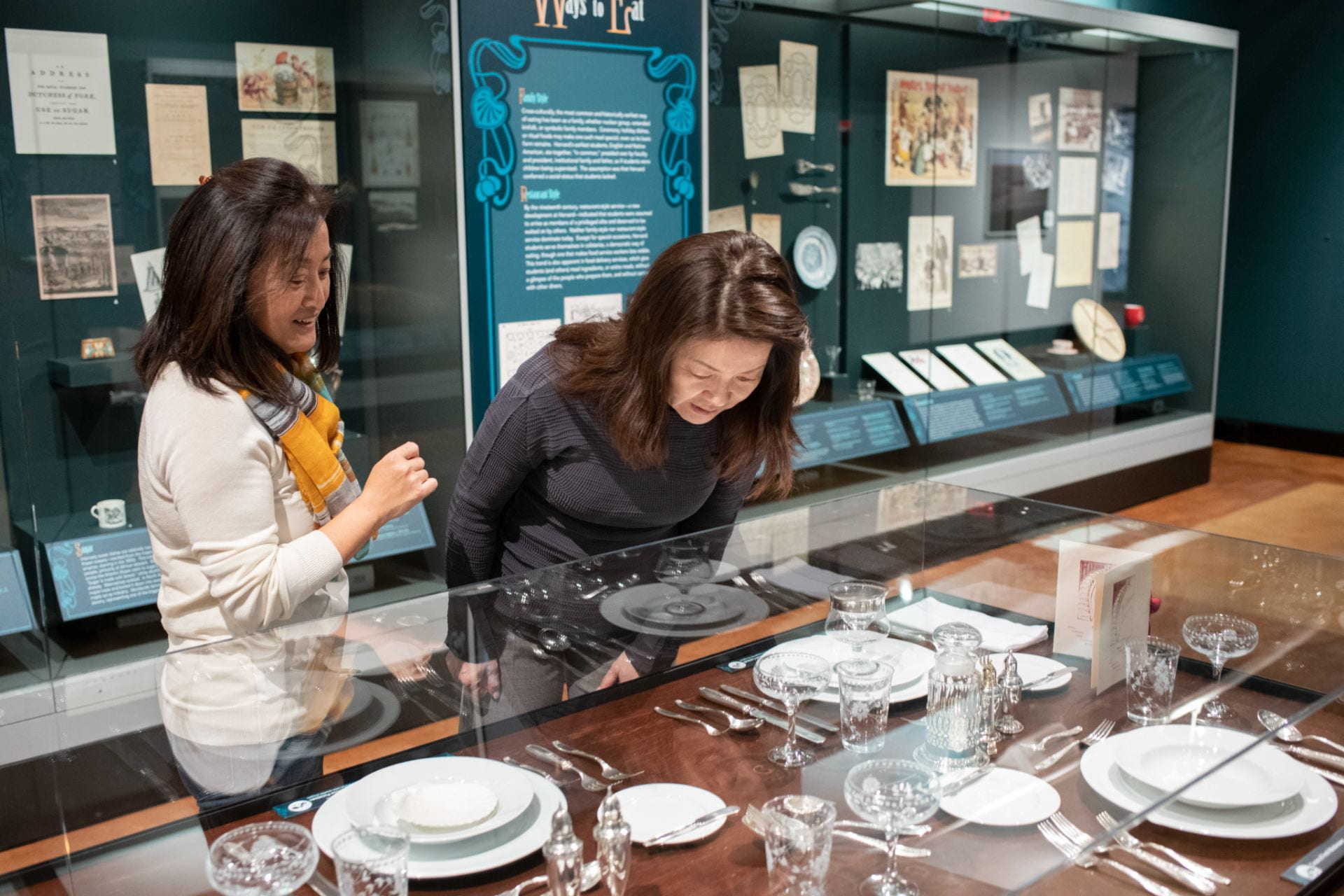(Cambridge, MA) This exhibit will feature over 100* spectacular examples of ocarinas from the Peabody Museum’s vast collection. Uncovered at archaeological sites in Central America and Mexico, these musical instruments were crafted from local low-fired clay and carefully fashioned, incised, and painted into a variety of human and animal forms. Visitors to this multisensory exhibit will hear soundscapes that feature the varied tones and melodies produced by ocarinas, from the whimsical to the deeply haunting. Specially commissioned gallery films focus on the sounds, history, and cultural significance of these extraordinary works of art and sound that have inspired invention and captured the modern imagination. Ocarinas of the Americas will be the first temporary Peabody Museum exhibition to feature text and videos in both English and Spanish.
“This exhibition highlights the range and breadth of the Peabody Museum’s ocarina collection, including some never exhibited before,” said Jeffrey Quilter, William and Muriel Seabury Howells Director of the Peabody Museum. “We are delighted to share these rare instruments and our new knowledge about their sound, as researched and brought to life by 2012 Hrdy Curatorial Fellow José Cuellar.” Added Jane Pickering, Executive Director of Harvard Museums of Science & Culture, “To complement this wonderful exhibition, we’ll present a suite of programs in spring 2016, including a musical presentation and hands-on activities. The programs, along with the exhibition, will be an unrivalled opportunity to experience the sounds of ancient Mesoamerica.”
Ocarinas of the Americas: Music Made in Clay opens to the public Saturday, October 3 at 9:00 AM at Harvard University’s Peabody Museum of Archaeology & Ethnology at 11 Divinity Avenue, Cambridge, Massachusetts and will remain open through January 2, 2017. [Later extended to June 30, 2020.]
The exhibition opens on the same day as the Amazing Archaeology Fair at Harvard–an afternoon of hands-on archaeology fun at the Peabody Museum and the adjacent Harvard Semitic Museum–and the annual Zooarchaeology Lab Open House, where visitors can get animal bones identified.
About the Peabody Museum
The Peabody Museum is among the oldest archaeological and ethnographic museums in the world with one of the finest collections of human cultural history found anywhere. It is home to superb materials from Africa, ancient Europe, North America, Mesoamerica, Oceania, and South America in particular. In addition to its archaeological and ethnographic holdings, the Museum’s photographic archives, one of the largest of its kind, hold more than 500,000 historical photographs, dating from the mid-nineteenth century to the present and chronicling anthropology, archaeology, and world culture. In 2012, the museum joined the Harvard Museums of Science & Culture, a consortium of four museums in the Faculty of Arts and Sciences at Harvard University. The four museums open to the public are Harvard Museum of Natural History, Collection of Historical Scientific Instruments, Harvard Semitic Museum, and Peabody Museum of Archaeology & Ethnology, together exploring Earth’s history, life, and cultures.
Hours and location: 9 A.M. to 5 P.M., seven days a week. The Museum is closed on Thanksgiving Day, Christmas Eve, Christmas Day, and New Year’s Day. The Peabody Museum is located at 11 Divinity Avenue in Cambridge, Massachusetts. The Museum is a short walk from the Harvard Square MBTA station. Admission is $12 for adults, $10 for students and seniors, $8 for children, ages 3–18. Free with Harvard ID or Museum membership. The Museum is free to Massachusetts residents Sundays, 9 A.M. to noon, year round, and Wednesdays from 3 P.M. to 5 P.M. (September to May). Admission to the Peabody Museum includes admission to the Harvard Museum of Natural History. For more information call 617-496-1027 or go to www.peabody.harvard.edu.
High resolution images available on request.
Media Contact:
Faith Sutter
Media & Communications Specialist
Peabody Museum of Archaeology & Ethnology/Harvard Museums of Science & Culture
Tel: 617-495-3397
sutter@hmsc.harvard.edu
*This quantity has been updated to 78, as of October 1, 2015.
